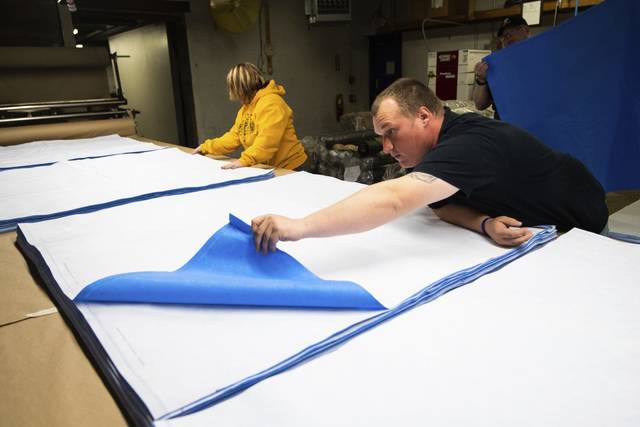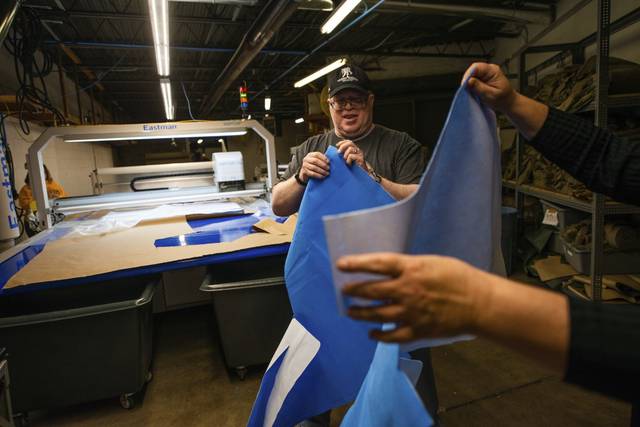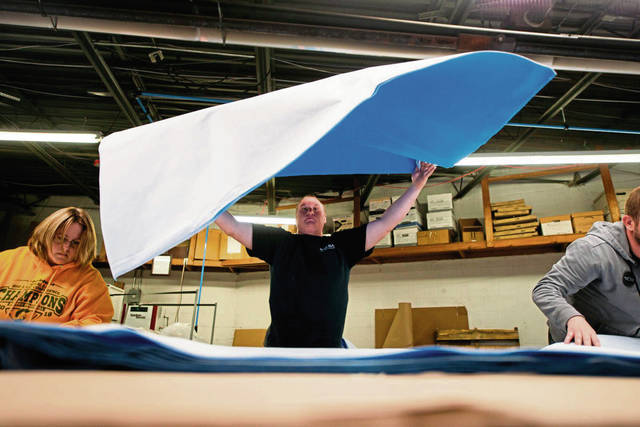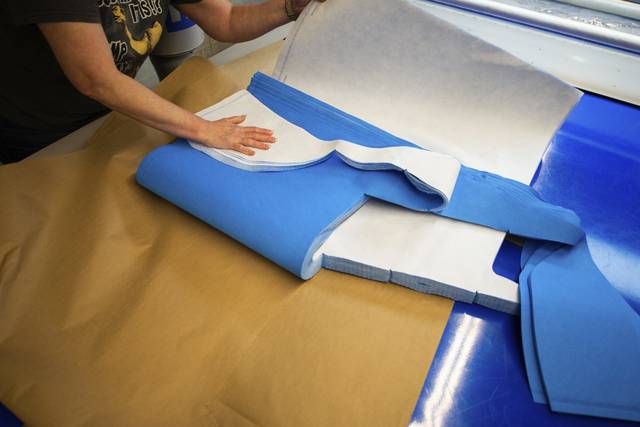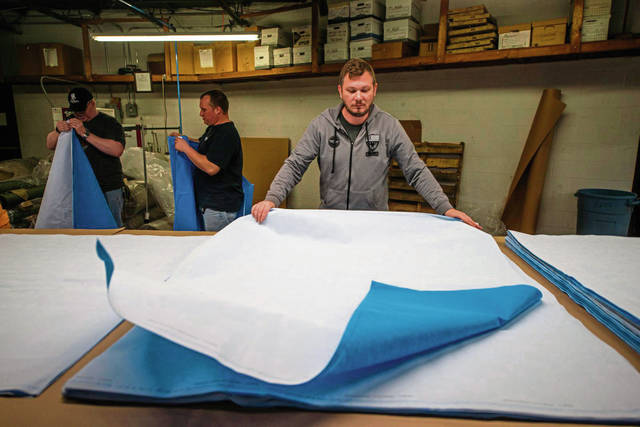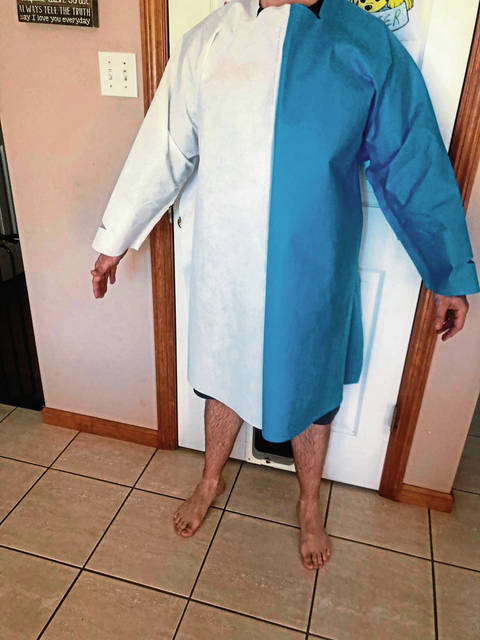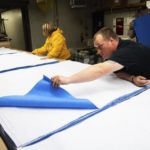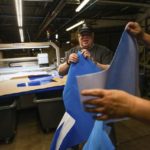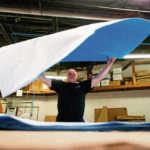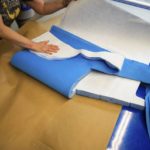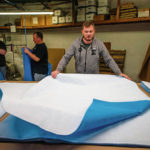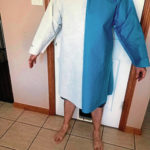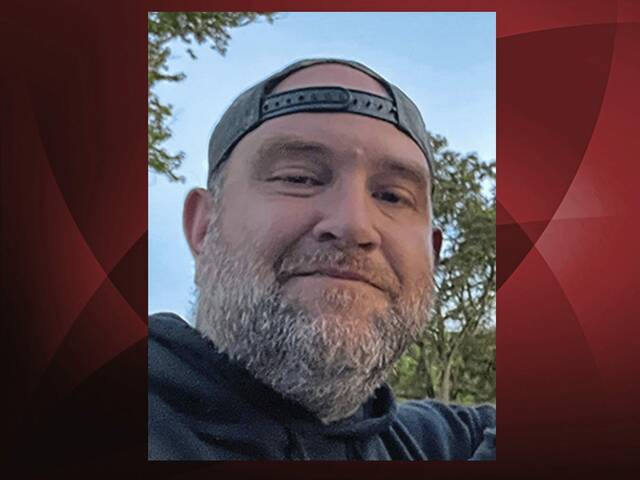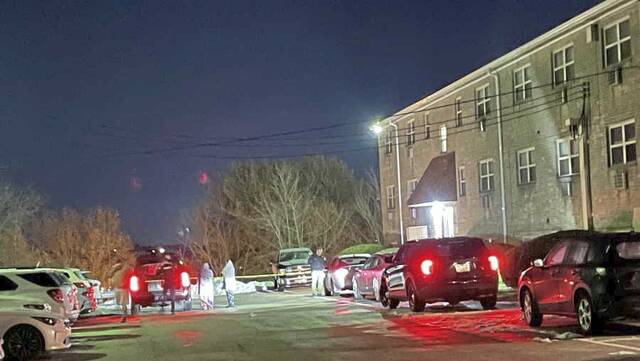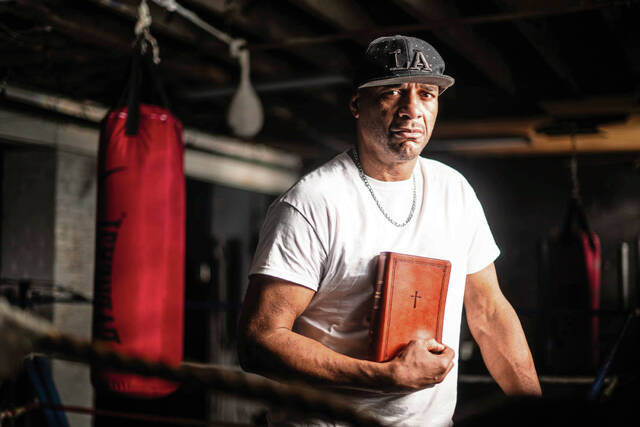When covid-19 began spreading across the United States, Excela Health officials looked to someone who had helped in the past to plan for the future.
“Our Quality and Safety Departments asked Dave Byers, who retired last year as Excela Health’s director of safety, if he would be willing to join the team that was strategizing creative ways to meet the need for personal protective equipment,” Excela CEO John Sphon said.
Byers, a 67-year-old safety engineer from Latrobe, had a reputation for thinking outside the box.
His approach to problem solving — a combination of old-fashioned American ingenuity and making do with supplies at hand — quickly became an asset to the team from Excela’s Quality Department headed by Bonnie Barnhart and Elizabeth DiLembo.
In the beginning, Byers helped them devise a process to sterilize N95 masks for reuse. They tapped a method Duke University developed to clean masks by placing them in a chamber flooded with hydrogen peroxide gas.
Byers was amazed at how well it worked. The process didn’t degrade the masks.
“And they’re more sterile when they come out of there than they are when they come out of the boxes,” he said.
When the stock of isolation gowns — the disposable, single-use paper gowns health care workers wear when tending to patients with infectious diseases — was running low, Byers came through again.
He brainstormed with the team and in a matter of days, the former shop teacher cut plywood templates for gowns from the pattern they devised. Then they located a vast stash of sterile cloth, used to wrap medical instruments.
Production, however, was still at issue.
An Excela executive suggested Byers approach the Westmoreland Blind Association. Handicapped workers at the organization’s South Greensburg facility sew shirts for the military, meaning they have experience meeting exacting production standards.
“I went down and talked to them and saw that their facility is pristine,” Byers said.
Just as important, they had an automated cutting device that could slash through 35 layers of material at a time.
Tim Miller, association executive director, said the project was a great match for his staff. They quickly agreed to cut material for 2,000 gowns.
“I told them we’d do what we could to help. I put people on overtime over the weekend,” Miller said.
Hospital workers at Excela Westmoreland who were reassigned when surgeries were canceled and elective procedures were put on hold, help assemble the gowns at the Greensburg hospital.
“Every morning, I go down there and pick up 200 or 300 of them and bring them back here where we glue the seams, fold them and put 50 to a box,” Byers said.
Sphon said Excela hasn’t had to tap its stock of handmade gowns. But knowing they are there eases concerns about shortages.
“We are thankful for the creativity and ingenuity our staff is displaying throughout this public health crisis, and grateful to community partners such as the Blind Association who are there to lend a hand,” Sphon said.


